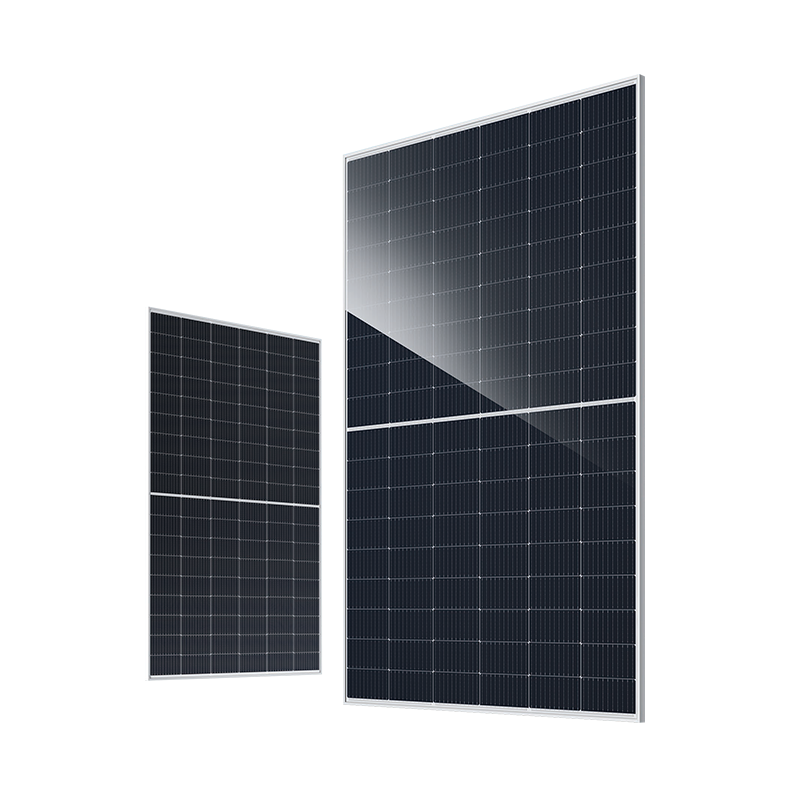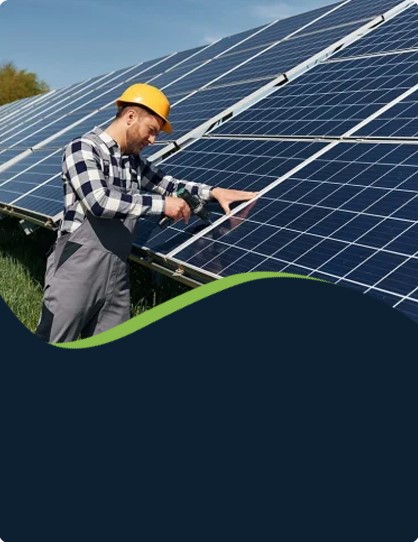
-
[email protected]

-
Building 1, No. 21 Shengfa Road, Lucheng District, Wenzhou, Zhejiang, China


In the quest for sustainable energy solutions, solar panels have emerged as a powerful and versatile technology. With the increasing demand for clean energy, the market has seen the development of various types of solar panels, each tailored to specific needs and applications..

Mono solar panels, based on monocrystalline silicon, represent a foundational technology in the solar industry. These panels are crafted from single-crystal silicon cells, which are known for their uniform appearance and high efficiency. The monocrystalline structure allows for good electron flow, resulting in a higher conversion rate of sunlight into electricity compared to other types of solar cells.
One of the primary advantages of mono solar panels is their space efficiency. Due to their high efficiency, they can generate more power per square meter than other solar panels. This makes them particularly suitable for installations where space is limited, such as residential rooftops.
Moreover, the performance of mono solar panels remains relatively stable over time. They exhibit lower degradation rates compared to other types of solar panels, ensuring consistent power output throughout their operational life.
High-efficiency solar panels are at the forefront of technological innovation in the solar industry. These panels are designed to big the conversion of sunlight into electricity, often incorporating advanced materials and manufacturing techniques. One of the key features of high-efficiency panels is their ability to capture a broader spectrum of sunlight, including low-light conditions, which enhances their overall performance.
The efficiency of these panels is typically measured by their ability to convert solar energy into usable electricity. This means that they can generate more power from the same amount of sunlight, making them ideal for applications where big energy output is required.
Industrial solar panels are designed to meet the energy demands of large-scale applications, such as commercial buildings, factories, and utility-scale solar farms. These panels are engineered to handle high power loads and are often installed in large arrays to generate significant amounts of electricity. The primary focus of industrial solar panels is to provide a reliable and cost-effective energy solution for businesses and industries.
One of the key characteristics of industrial solar panels is their durability. They are built to withstand harsh environmental conditions, including bad temperatures, heavy winds, and potential physical impacts. This robustness ensures that they can operate consistently over long periods without degradation in performance.
Another important aspect of industrial solar panels is their scalability. They can be easily integrated into large solar arrays, allowing for the generation of substantial amounts of electricity. This scalability is crucial for meeting the high energy demands of industrial operations, providing a sustainable alternative to traditional fossil fuels.
Moreover, industrial solar panels often come with advanced monitoring and maintenance systems. These systems allow for real-time tracking of performance, enabling quick identification and resolution of any issues. This proactive approach to maintenance ensures that the panels operate at peak efficiency, big energy output and reducing downtime.
The diversity of solar panels available today reflects the wide range of applications and needs in the renewable energy sector. Mono solar panels offer a reliable and space-efficient solution for residential and small-scale commercial installations. High-efficiency solar panels push the boundaries of performance, providing big energy output in various conditions.
Each type of solar panel has its unique strengths and applications, contributing to the broader goal of transitioning to a more sustainable and clean energy future.
Your email address will not be published. Required field are marked*
